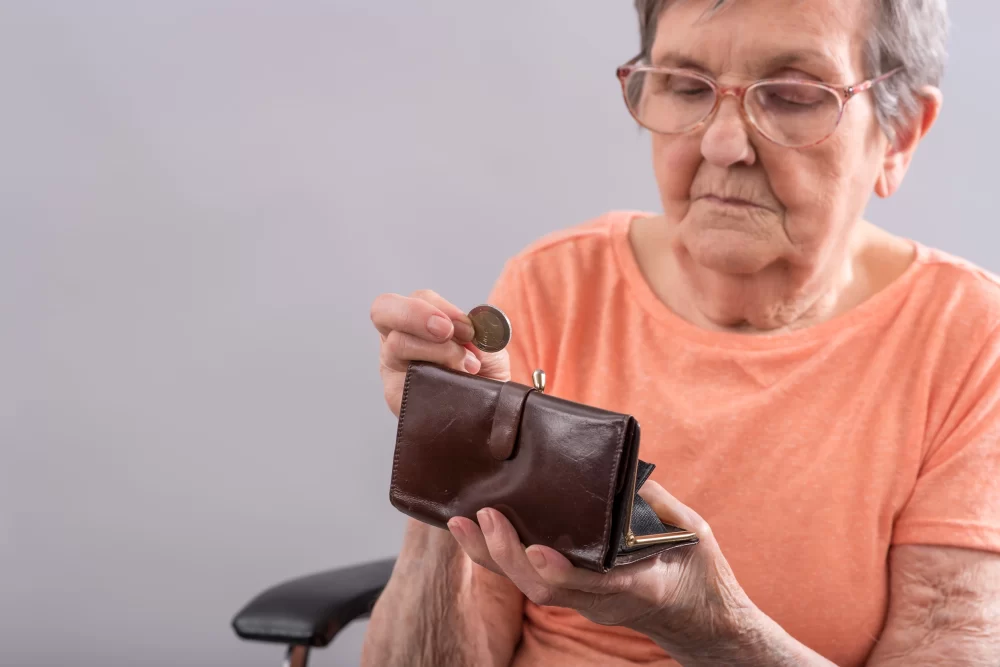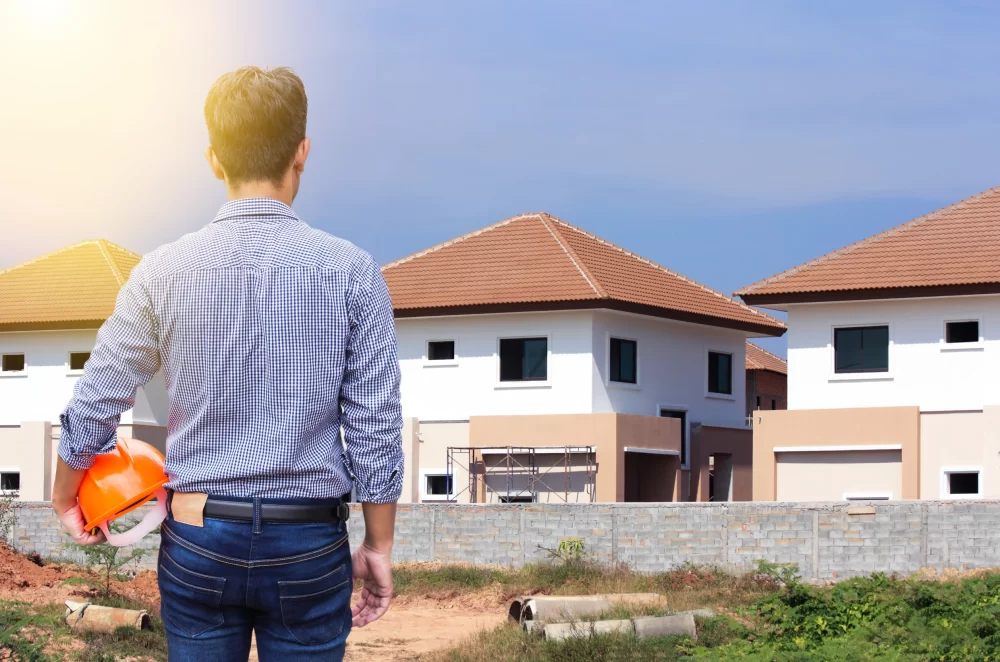Homeless Seniors: 11 Reasons Some Baby Boomers Are Becoming Homeless At an Alarming Rate
The silver tsunami is upon us. Baby boomers, once the backbone of the workforce, are now grappling with a harsh reality: their lifelong toil doesn’t guarantee a roof over their heads in their twilight years. Shockingly, older adults constitute the fastest-growing segment of America’s homeless population according to the American Society on Aging. This unsettling trend, reminiscent of the Great Depression, demands urgent attention. Here are 12 reasons why some baby boomers find themselves without a home and explore potential solutions.
1. Economic Downturns and Recessions
Economic downturns and recessions have battered baby boomers repeatedly. From the dot-com bubble burst to the 2008 financial crisis to the current inflation woes, these economic storms eroded savings, disrupted retirement plans, and left many vulnerable to homelessness. The dream of a peaceful retirement shattered as nest eggs dwindled and job prospects dimmed.
2. Skyrocketing Housing Costs
According to the National Association of Realtors, home costs are continuing to soar in about 85% of U.S. cities. With this in mind, boomers ability to downsize to save money or cash in on their equity is dwindling away.
Adding to their concerns, the soaring cost of housing has outpaced income growth, leaving boomers in a precarious position. They face the daunting choice between paying exorbitant rents or risking eviction due to unaffordable mortgages.
3. Shortage of Affordable Housing
A severe shortage of affordable housing compounds the crisis. Waiting lists for subsidized housing stretch for years, leaving seniors stranded without stable shelter. The promise of a peaceful retirement community fades as they grapple with uncertainty and insecurity.
4. Medical Emergencies and Debt
Healthcare expenses can cripple even the most financially stable individuals. Medical emergencies, coupled with mounting debt, force some boomers onto the streets. The choice between paying for life-saving treatments and keeping a roof overhead becomes agonizingly real.
5. Job Loss and Age Discrimination
Boomers who lose their jobs face age discrimination in the labor market. Reentering the workforce becomes challenging, especially when competing with younger candidates. The once-reliable safety net of employment frays, leaving them vulnerable to financial instability.
6. Divorce and Relationship Breakdowns
Late-life divorces or relationship breakdowns can leave boomers without a home. Splitting assets often means selling the house, leaving one or both partners vulnerable. The emotional toll of separation combines with the practical struggle for housing.
7. Widowhood and Loss of Spouse
The death of a spouse can trigger homelessness. Surviving partners may struggle to maintain the household or afford housing on a single income. The void left by a beloved companion is compounded by the harsh realities of survival.
8. Substance Abuse and Mental Health Issues
Undiagnosed mental health conditions or substance abuse exacerbate the crisis. Boomers facing depression, anxiety, or addiction find themselves caught in a downward spiral. Without proper support, they slip through the cracks of society.
9. Lack of Social Support
Isolation and loneliness plague many seniors. Without a strong social network, boomers may lack the safety net that prevents homelessness. Losing touch with family, friends, and community resources leaves them vulnerable. Encouraging social connections and fostering community support can make a significant difference.
10. Health Issues and Disability
As boomers age, health issues become more prevalent. Chronic illnesses, disabilities, and mobility challenges can disrupt their ability to work or maintain stable housing. Medical bills pile up, and without proper support, some find themselves on the streets.
11. Fixed Incomes and Rising Expenses
Many baby boomers rely on fixed incomes from pensions, Social Security, or retirement savings. Unfortunately, these incomes often fall short of covering rising expenses. As costs for healthcare, utilities, and basic necessities increase, some seniors face impossible choices: pay for medication or keep a roof over their heads?
Addressing Underlying Issues
Remember, addressing these underlying reasons requires collective effort and compassion. Let’s advocate for affordable housing, healthcare access, and social programs to ensure that our aging population doesn’t suffer the indignity of homelessness. If we can get this right, we’ll find more seniors living their best lives in their golden years instead of their worst.
Have you experienced homelessness as a senior? How did you overcome it? We’d love for you to share your experience in the comments.













